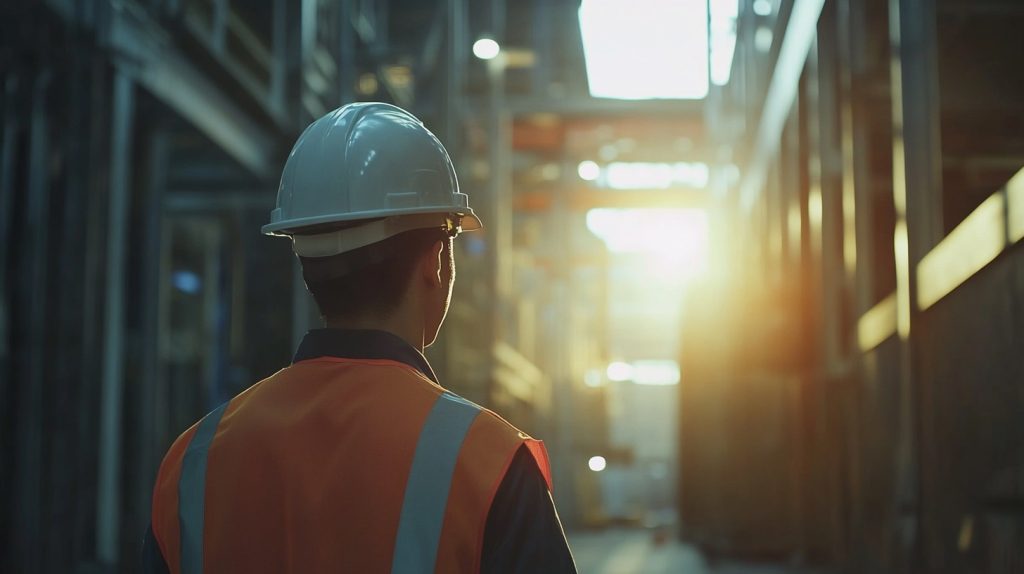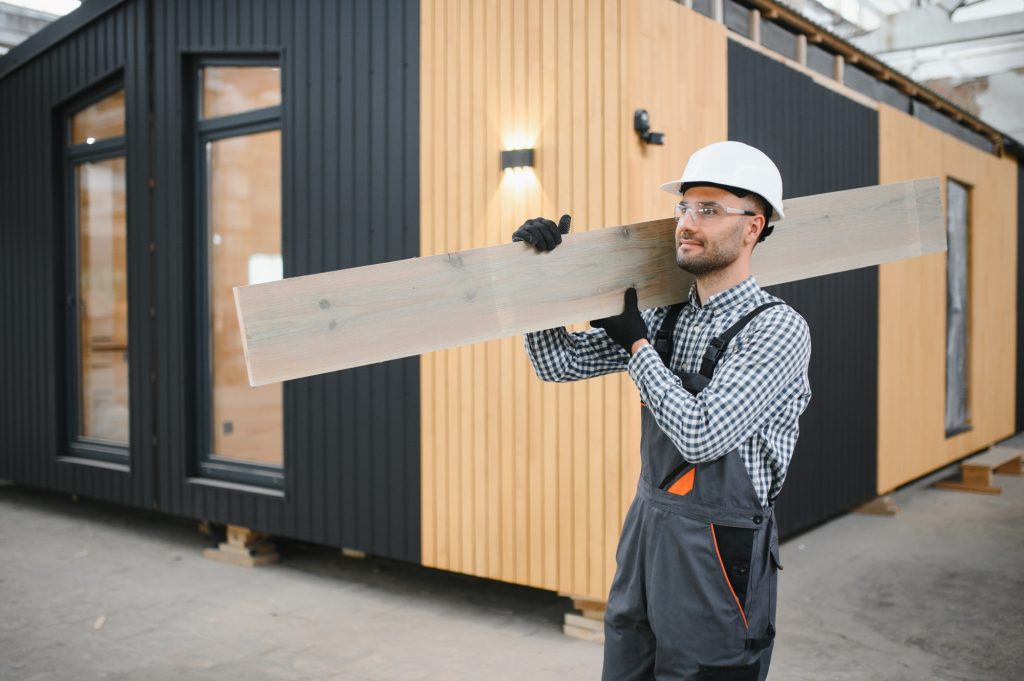Last Updated on: 20th December 2024, 11:04 am
As we approach the mid-2020s, the UK construction industry is undergoing a remarkable transformation. Driven by sustainability goals, digital innovation, and the need to build faster and smarter, 2025 promises both exciting opportunities and new challenges. Below, we explore the top five construction trends poised to redefine the landscape—and how you can equip yourself to meet them head-on.Copy HTMLCopy text
1. The Surge in Sustainable, Low-Carbon Construction
Environmental responsibility is at the forefront of the UK’s construction agenda. By 2025, expect an even greater push towards eco-friendly building methods, materials, and designs.
Key features of this trend:
- Utilisation of low-carbon, renewable materials
- Integration of green roofs, solar panels, and energy-efficient insulation
- Compliance with stricter environmental regulations and certifications
Why this matters:
- Enhances long-term building value and durability
- Meets growing client and regulatory demands for sustainability
- Positions firms as socially responsible industry leaders

2. The Mainstream Adoption of BIM and Digital Solutions
Building Information Modelling (BIM) and other digital tools will no longer be optional. By 2025, augmented reality (AR), digital twins, and real-time data sharing will be integral to project management.
Key features of this trend:
- Enhanced collaboration between architects, engineers, and contractors
- Real-time decision-making through digital platforms
- Reduced errors, rework, and delays
Why this matters:
- Improves overall project efficiency and cost-effectiveness
- Ensures compliance with evolving UK building regulations
- Streamlines communication and documentation

3. Off-Site and Modular Construction Take Centre Stage
Prefab and modular methods are set to reshape the industry, allowing projects to be completed faster, safer, and with less waste.
Key features of this trend:
- Prefabricated components assembled in controlled factory conditions
- Reduced on-site waste and streamlined supply chains
- Rapid assembly and shorter project timelines
Why this matters:
- Helps address labour shortages and tight deadlines
- Ensures consistent quality control
- Supports the UK’s ambitious housing targets

4. Advanced Machinery, Automation, and Skilled Operators
Intelligent cranes, robotic bricklayers, and automated equipment will become the norm. Skilled operators trained to handle state-of-the-art machinery will be highly sought after.
Key features of this trend:
- Automated machinery for precision and efficiency
- Greater emphasis on CPCS (Construction Plant Competence Scheme) qualifications
- Enhanced on-site safety through advanced monitoring systems
Why this matters:
- Increases productivity and reduces human error
- Strengthens compliance with health and safety standards
- Elevates the value of trained professionals in a competitive job market

5. Upskilling the Construction Workforce for a Future-Ready Industry
To remain competitive, the UK workforce must continuously develop new capabilities. From mastering digital project management to handling the latest machinery, upskilling will be essential.
Key features of this trend:
- Greater demand for advanced CPCS training courses
- Emphasis on continuous professional development (CPD)
- Acquisition of diverse skill sets, including technical and digital competencies
Why this matters:
- Ensures that professionals can adapt to emerging technologies and standards
- Improves overall industry resilience and innovation capacity
- Enhances career prospects and job security
Preparing for the Future: Enhance Your Skills Today
Staying ahead in this rapidly changing environment means investing in the right training and qualifications. With the correct credentials, you can seize opportunities presented by sustainable building, digital integration, modular assembly, and advanced machinery.
Ready to future-proof your career?
- Acquire cutting-edge machinery skills through structured CPCS training
- Meet evolving UK construction standards by gaining relevant certifications
- Boost your employability in a competitive, future-focused marketplace
Take the Next Step
If you’re keen to embrace the changes on the horizon, it’s time to invest in the skills that matter. Check out our range of CPCS training courses designed to prepare you for the construction industry of tomorrow.
FAQ: Preparing for Construction Careers in 2025
Q: How can I keep up with new sustainable construction practices?
A: Stay informed through industry publications, attend workshops on green building techniques, and consider training courses that focus on eco-friendly construction methods.
Q: Will I need BIM-related skills for entry-level roles?
A: While not always mandatory, BIM and digital platform experience will increasingly be seen as a valuable asset, setting you apart from other candidates.
Q: Are CPCS qualifications essential?
A: CPCS qualifications are highly regarded in the UK market. They demonstrate that you have the competence and safety awareness required to operate machinery in a professional setting.






